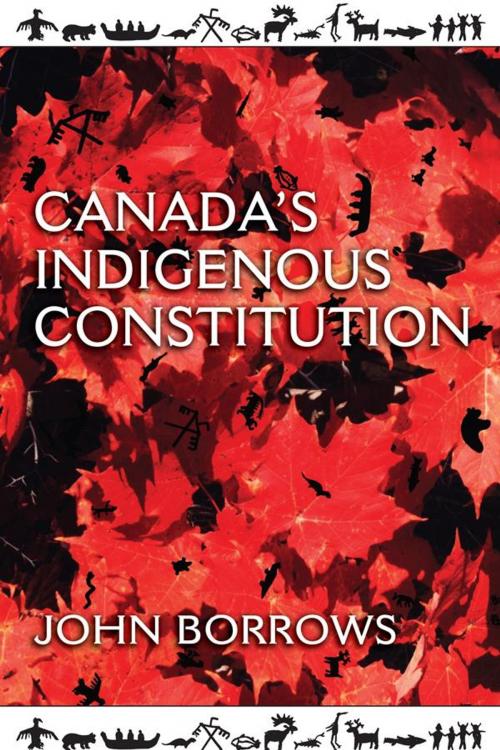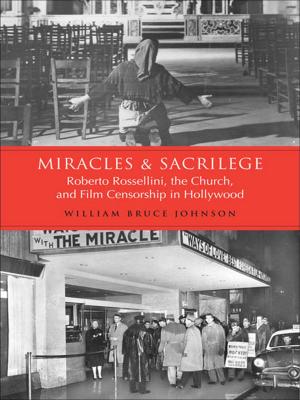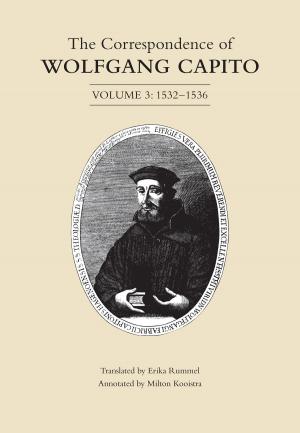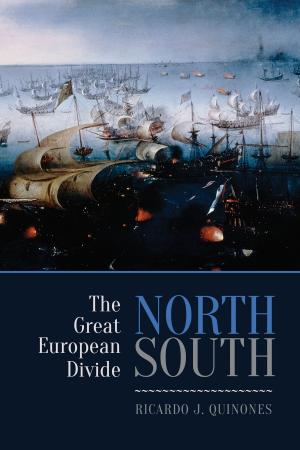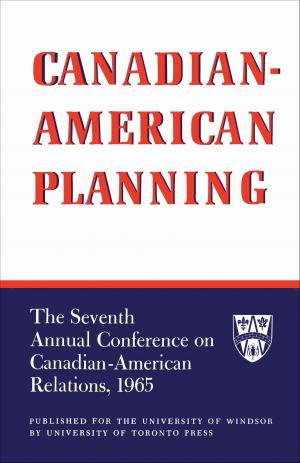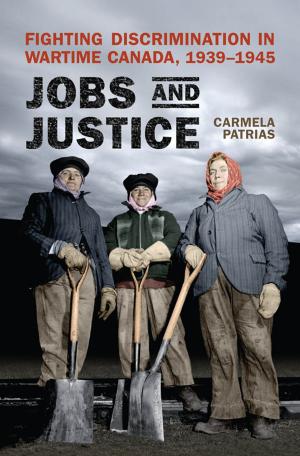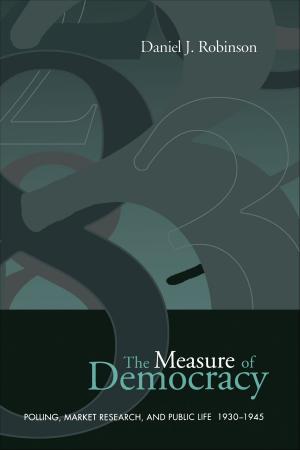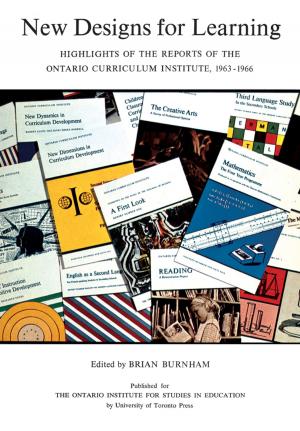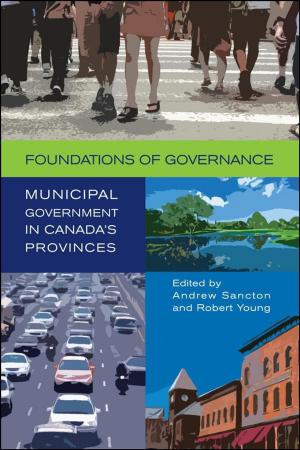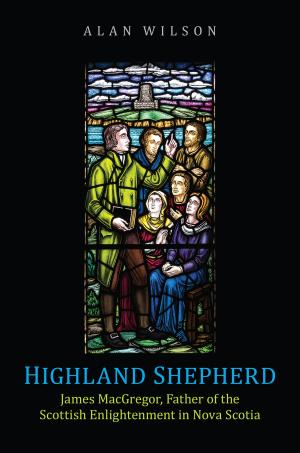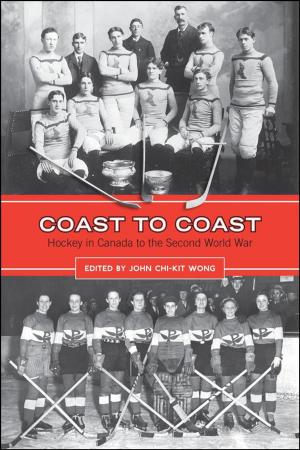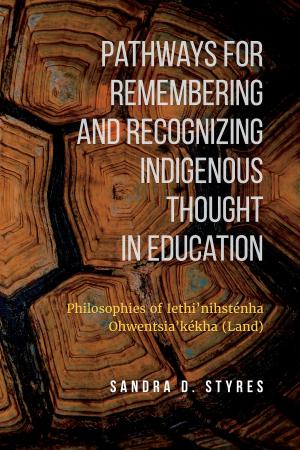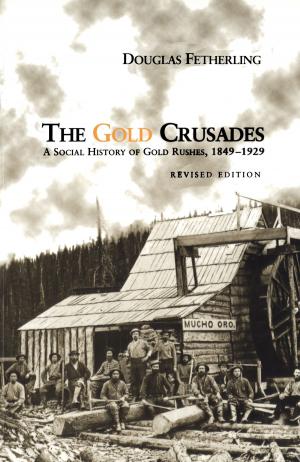Canada's Indigenous Constitution
Nonfiction, Reference & Language, Law, Constitutional, Social & Cultural Studies, Social Science, Cultural Studies, Native American Studies, Political Science| Author: | John Borrows | ISBN: | 9781442698529 |
| Publisher: | University of Toronto Press, Scholarly Publishing Division | Publication: | March 6, 2010 |
| Imprint: | Language: | English |
| Author: | John Borrows |
| ISBN: | 9781442698529 |
| Publisher: | University of Toronto Press, Scholarly Publishing Division |
| Publication: | March 6, 2010 |
| Imprint: | |
| Language: | English |
Canada's Indigenous Constitution reflects on the nature and sources of law in Canada, beginning with the conviction that the Canadian legal system has helped to engender the high level of wealth and security enjoyed by people across the country. However, longstanding disputes about the origins, legitimacy, and applicability of certain aspects of the legal system have led John Borrows to argue that Canada's constitution is incomplete without a broader acceptance of Indigenous legal traditions.
With characteristic richness and eloquence, John Borrows explores legal traditions, the role of governments and courts, and the prospect of a multi-juridical legal culture, all with a view to understanding and improving legal processes in Canada. He discusses the place of individuals, families, and communities in recovering and extending the role of Indigenous law within both Indigenous communities and Canadian society more broadly.
This is a major work by one of Canada's leading legal scholars, and an essential companion to Drawing Out Law: A Spirit's Guide.
Canada's Indigenous Constitution reflects on the nature and sources of law in Canada, beginning with the conviction that the Canadian legal system has helped to engender the high level of wealth and security enjoyed by people across the country. However, longstanding disputes about the origins, legitimacy, and applicability of certain aspects of the legal system have led John Borrows to argue that Canada's constitution is incomplete without a broader acceptance of Indigenous legal traditions.
With characteristic richness and eloquence, John Borrows explores legal traditions, the role of governments and courts, and the prospect of a multi-juridical legal culture, all with a view to understanding and improving legal processes in Canada. He discusses the place of individuals, families, and communities in recovering and extending the role of Indigenous law within both Indigenous communities and Canadian society more broadly.
This is a major work by one of Canada's leading legal scholars, and an essential companion to Drawing Out Law: A Spirit's Guide.
